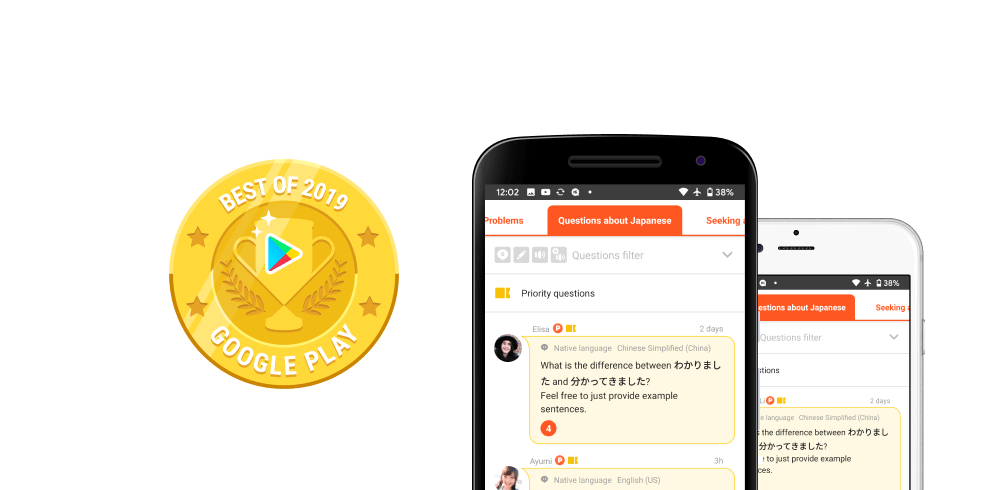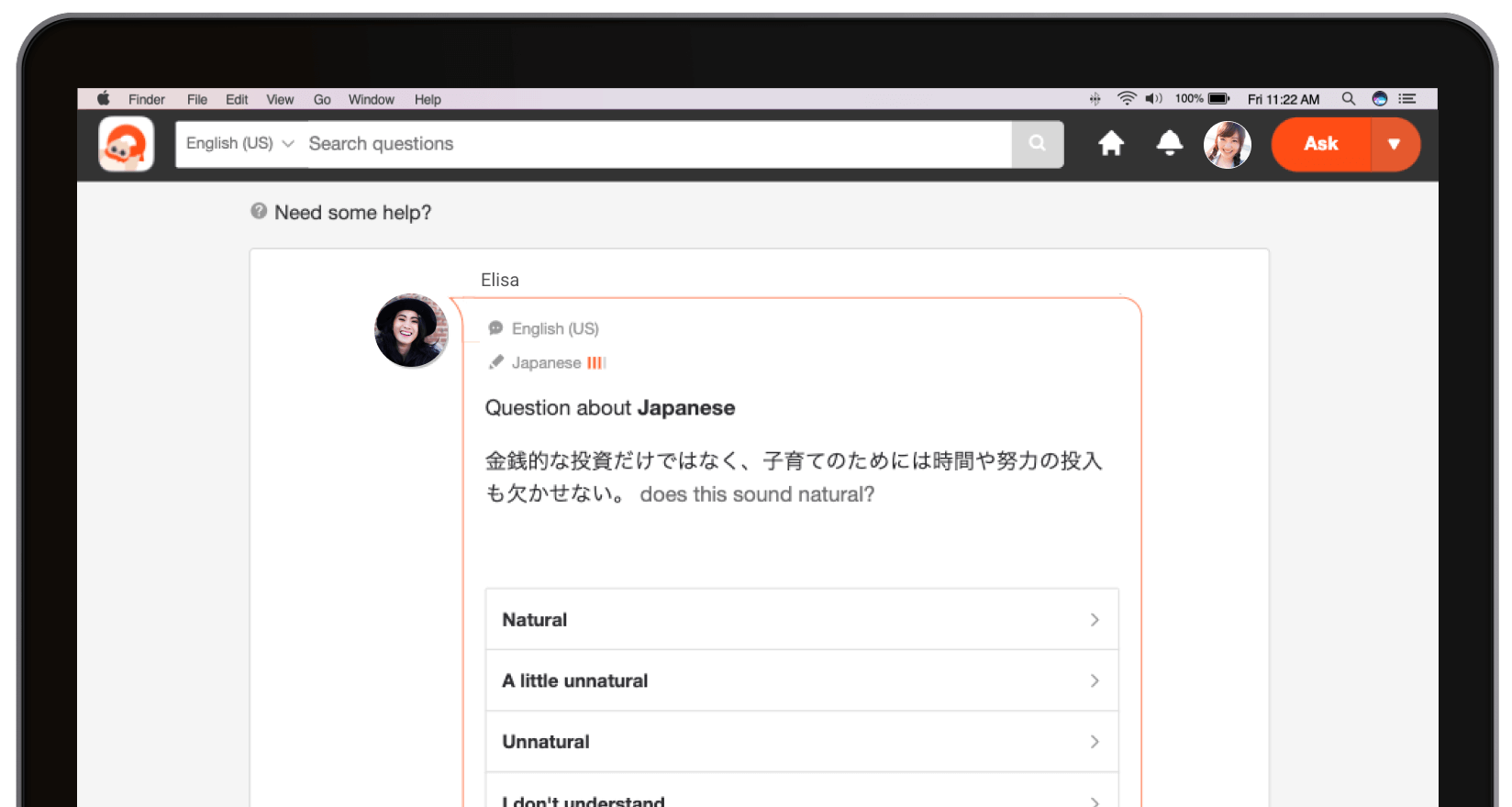что значит what happened
Thread: What happened vs. What’s happened
Thread Tools
Display
What happened vs. What’s happened
Are they both correct?
‘What’s’ is the contraction of ‘what is’, not ‘what has’, right?
Thanks.
Re: What happened vs. What’s happened
Here, «what’s» is the contraction of «what has». This is the present perfect, which is constructed using:
1. the helping verb «have»
2. the past participle of the main verb
The meaning is almost the same, but not quite. You would use «What happened?» to refer to an event in the past; «What’s happened?» refers to an event in the recent past which has an effect on the present.
«I was expelled from school in 1998.»
«Why? What happened?»
(Peter drops a tray of cups and saucers. Mary hears the noise from another room)
Mary: «What’s happened?»
Re: What happened vs. What’s happened
«What’s» can either mean «what is» or «what has» (but contractions are informal, so they shouldn’t be used in formal documents). In this case «What’s happened» means «What has happened», not «what is happened». «What is happened» is incorrect.

Мои примеры
Словосочетания
Примеры
Oh dear! What’s happened?
Ах, боже мой! Что случилось?
It happened in late spring.
Это произошло в конце весны.
What’s happened to his car?
Что произошло с его машиной?
Hello! What’s happened here?
Эй! Что здесь случилось? / Ну ничего себе! Что же тут произошло?
It happened purely by chance.
Это произошло чисто случайно.
It is well that this has happened.
Хорошо, что так случилось.
Why brood on how it happened?
Что толку спрашивать себя, как это произошло?
We were close to when it happened.
Мы были рядом, когда это случилось.
Calm down and tell me what happened.
Успокойся и расскажи мне, что случилось.
No one knows for sure what really happened.
Никто точно не знает, что было на самом деле.
Just take it easy and tell us what happened.
Просто успокойся и расскажи нам, что случилось.
The unthinkable happened – I passed the exam.
Случилось невероятное – я сдал экзамен.
What happened next? The suspense is killing me.
И что же было дальше? Я просто сгораю от нетерпения. / Так не терпится узнать! / Рассказывай же, не тяни!
Did she say what happened?
Она сказала, что произошло?
It all happened pretty quick.
Всё произошло довольно быстро.
What happened at school today?
Что сегодня произошло в школе?
He was at bat when it happened.
Когда это произошло, он находился «на бите». (о бейсболе)
Something terrible has happened.
Случилось что-то ужасное.
I happened to see James in town.
Мне довелось /случалось/ увидеть Джеймса в городе. / Я как-то видел Джеймса в городе.
Tell us everything that happened.
Расскажите нам всё, что произошло.
You can guess what happened next.
Вы можете догадаться, что произошло дальше.
Altogether, I’m sorry it happened.
В общем, мне жаль, что так случилось.
Other than that, nothing happened.
За исключением этого — никаких происшествий.
We can only surmise what happened.
Мы можем только догадываться о том, что произошло.
The very same thing happened to me
Точно то же самое случилось и со мной.
No one knows exactly what happened.
Никто точно не знает, что именно произошло.
The very same thing happened to me.
Точь-в-точь то же самое случилось со мной.
It happened in 1977 or thereabouts.
Это произошло в 1977 году, или где-то около того.
Please describe what happened next.
Пожалуйста, опишите, что произошло дальше.
Did you hear what happened to Julia?
Ты слышал, что произошло с Джулией?
Примеры, ожидающие перевода
It all happened many moons ago.
What happened next is hotly disputed.
OK, out with it! What really happened?
Learn English with Demi
Learn English in an easy, exciting, and fun way with me!
What happened? or What did happen?

This is a subject question because “what” (the question word) is the subject of the verb “happened”. The subject questions don’t take auxiliary verbs
Below are subject questions. The verb and its subject are bolded and italicized. The speaker is expecting the answer to be the subject of the sentence:
• What killed him? – A croc. ( A crocodile killed him.)
• Who killed him? – A burglar. ( A burglar killed him).
• Who ate the last piece of cake? – He did. ( He ate the last cake.)
• Who wants to go to the cinema? – I do. ( I want to go to the cinema.)
• What kept you so late? – My work. ( My work kept me late.)
• What happened to my father? – Nothing. ( Nothing happened to your father.)
“When did (it) happen?”
This is an object question because “when” is NOT the subject of the verb happened. In a strange way, this kind of makes “when” as the object while “it” is the subject of the verb.
For example, “What did he write?” – This is an object question. Although “he” is the subject of the question itself, the object of the verb write is actually “an essay” – in the answer (represented by “what”). When a question is about the object, we use an auxiliary verb and an infinitive.
Below are object questions. The verb and its subject are bolded and italicizied. Objects are underlined. We use the normal interrogative structure with two verbs (infinitive + auxiliary):
• What did he do?
• Where does he live?
• When will we arrive?
• Where did it happen?
• Why did it happen?
• When did it happen?
• How did it happen?
Что значит what happened
What just took place in that moment
Que paso
Символ показывает уровень знания интересующего вас языка и вашу подготовку. Выбирая ваш уровень знания языка, вы говорите пользователям как им нужно писать, чтобы вы могли их понять.
Мне трудно понимать даже короткие ответы на данном языке.
Могу задавать простые вопросы и понимаю простые ответы.
Могу формулировать все виды общих вопросов. Понимаю ответы средней длины и сложности.
Понимаю ответы любой длины и сложности.


Решайте свои проблемы проще в приложении!

Что значит what happened
In this context, it means “next”
What happened next? What happened after that?
In this context, it means “next”
What happened next? What happened after that?
What will happen next? And What will happen then both mean the same?
@Daisy_55
Yes, that is correct.
What will happen next = and then what will happen?
Символ показывает уровень знания интересующего вас языка и вашу подготовку. Выбирая ваш уровень знания языка, вы говорите пользователям как им нужно писать, чтобы вы могли их понять.
Мне трудно понимать даже короткие ответы на данном языке.
Могу задавать простые вопросы и понимаю простые ответы.
Могу формулировать все виды общих вопросов. Понимаю ответы средней длины и сложности.
Понимаю ответы любой длины и сложности.


Решайте свои проблемы проще в приложении!










